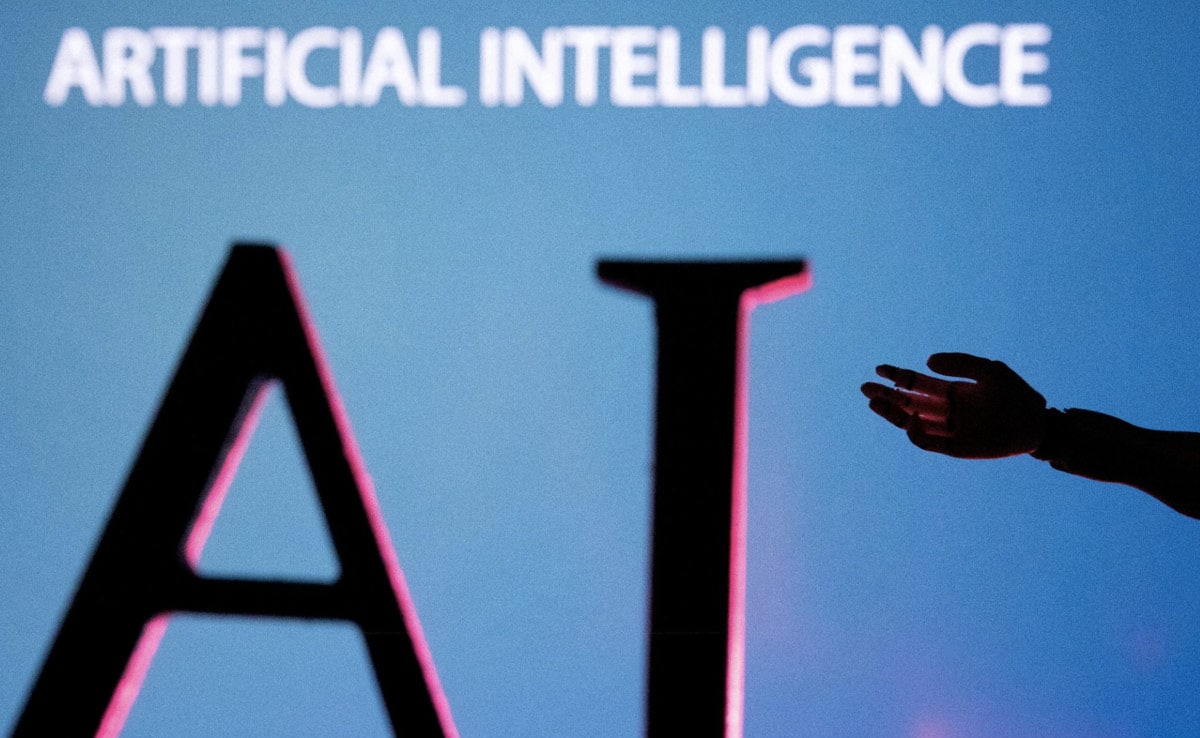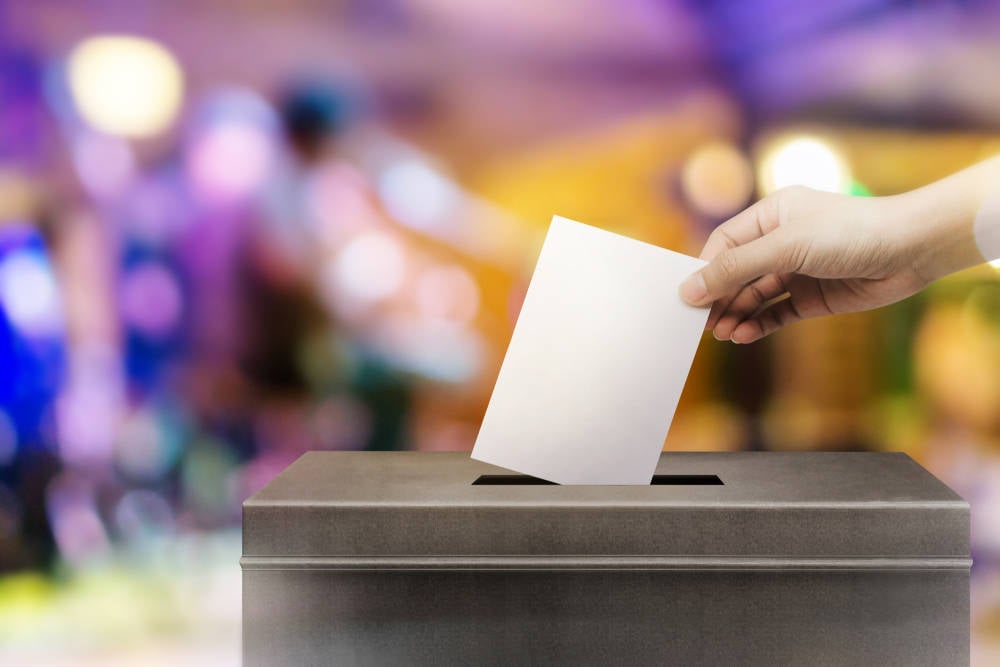Artificial intelligence has been undergoing rapid expansion recently, as indicated by a tech CEO’s projection that AI avatars will soon be able to stand in for individuals during work meetings. Sam Liang, the CEO of Otter, envisions these avatars replicating the behavior and problem-solving abilities of the individuals they represent. Liang, who is frequently engaged in multiple meetings daily, was in search of a technological remedy to ease this burden.
Mr. Liang anticipates that a preliminary version of these AI avatars will be operational by the year’s end. These avatars are trained using the meeting notes and voice data of specific individuals to authentically mirror their style and mannerisms. Through this training process, the avatars aim to actively participate in conversations, offer insights, and address queries in a manner consistent with the original individual’s traits.
During trials conducted by Otter, the AI avatars effectively handled 90% of the queries raised in meetings. The remaining 10% of unresolved questions were redirected to the human counterpart for assistance. Mr. Liang is confident that the integration of these AI avatars will boost productivity, enabling employees to concentrate on more innovative tasks and, ultimately, propel business growth.
A significant obstacle in this endeavor involves instilling emotional intelligence in these AI entities to empower them to contribute actively in meetings, adjusting their demeanor as needed to facilitate constructive discussions.
This development showcases the evolving landscape of AI technology, reshaping business operations on a global scale. Nevertheless, amidst this advancement, concerns have emerged regarding the unbridled proliferation of AI. Organizations like the Future of Life Institute advocate for a temporary pause in the advancement of highly potent AI systems, warning against the potential dangers associated with uncontrolled progress in artificial intelligence.
Furthermore, there are fears about the increasing capabilities of AI threatening job security and potentially jeopardizing humanity. Policymakers and industry leaders must remain vigilant to prevent AI from surpassing human oversight and posing unforeseen risks to society.










